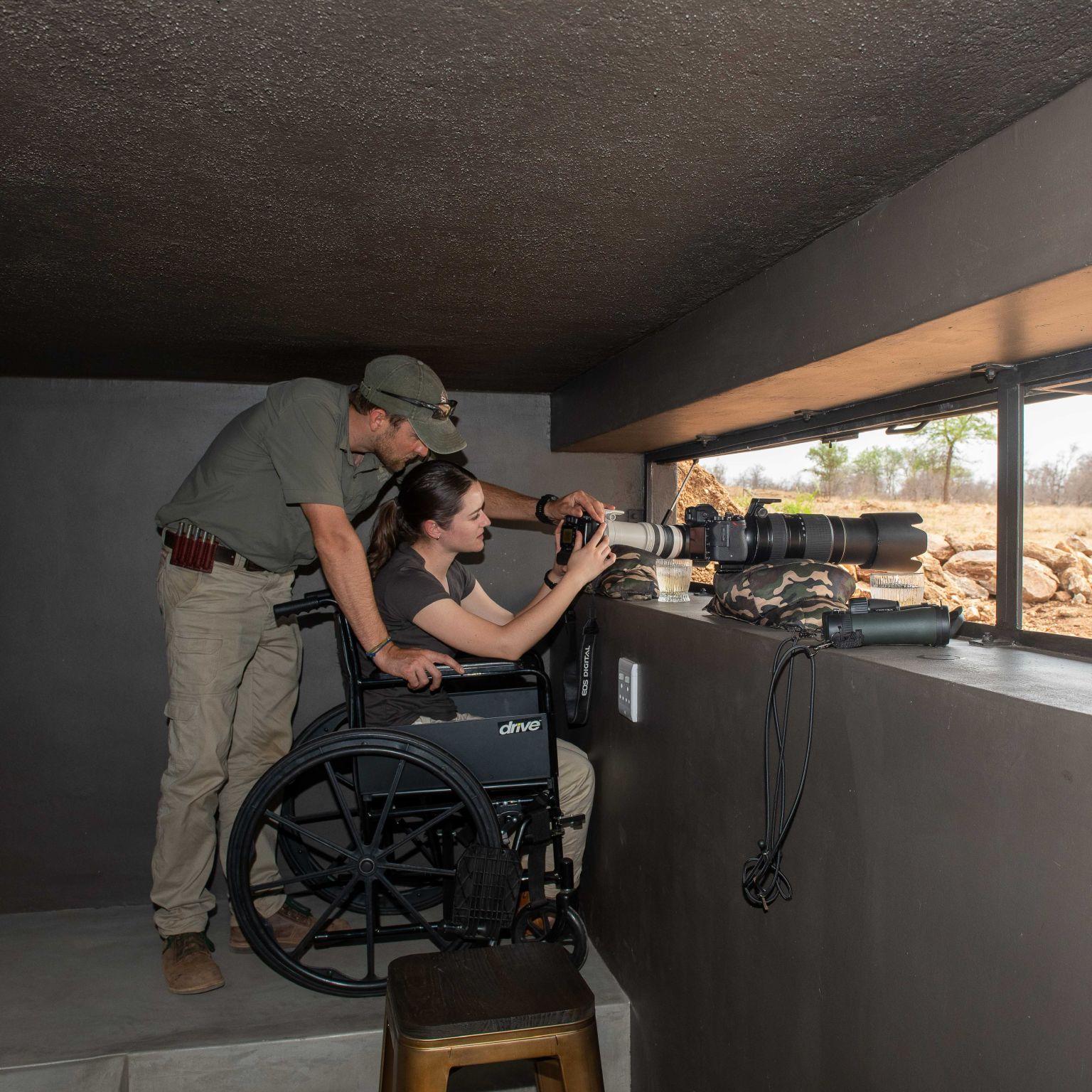UK-based safari operator Wild Paths has launched a new offering called Adaptive Safaris, a portfolio of custom itineraries designed for wheelchair users and guests with mobility impairments. The programme, which includes destinations across Botswana, South Africa and Zimbabwe, aims to address gaps in accessibility across the Southern African safari industry.
Speaking to Tourism Update, Wild Paths MD Jonny May said the initiative is driven by recognition that accessible safari experiences are often available but scattered and poorly connected across the region. “There are great operators already doing amazing work in this field but many operate in silos,” May explained. “Provision exists but it’s hidden – not easily found or coordinated.”
Adaptive Safaris includes adapted mobile camping options in Botswana’s Okavango Delta, guided safaris in Kruger National Park and excursions to Victoria Falls – all tailored to the specific needs of mobility-impaired travellers. Each itinerary features adapted safari vehicles, accessible tents and lodges, and verified bathroom and transfer facilities. Experiences such as boat trips, scenic flights and wildlife viewing are also available with adaptations.
Before the launch, accessibility in traditional safari offerings remained inconsistent, May said. Many camps were labelled “accessible” despite lacking basic infrastructure such as adapted vehicles or sufficient support for independent movement. “You’d find properties saying they were accessible but, once you arrived, only the room was – not the vehicle or activities,” he said.

In developing the itineraries, Wild Paths partnered with accessibility experts, including broadcaster and wheelchair user Sophie Morgan who provided input on design and traveller needs. Morgan is also assisting with the creation of a future training programme for tourism professionals working with disabled guests.
“There’s a real knowledge and training gap – not just on the ground in Africa but also among international travel agents and operators,” May said. “This is about more than installing a ramp. It’s about understanding the full journey from airport transfers to daily logistics on safari.”
One standout offering includes a mobile camping safari in Botswana where guests stay in fully adapted tents with widened entrances, accessible showers and support from trained staff. May said these experiences were previously considered out of reach for mobility-impaired travellers. “For many, wild camping in the bush simply wasn’t seen as a viable option,” he said. “Now it can be.”
Wild Paths also aims to offer equal experiences for mixed-ability groups – allowing family members and friends, regardless of mobility, to travel together without compromise. Guests are not required to travel with carers unless they choose to and solo travellers are also accommodated.
The company works closely with local suppliers, ensuring camps and experiences have been physically inspected for accessibility – not just listed as such online. Each safari is bespoke and planned in consultation with the guest to address specific needs from wheelchair size to preferred levels of independence.
Anxiety about long-haul travel, particularly flights, remains a significant barrier for disabled travellers, May added. “For wheelchair users, the flight can be one of the most stressful parts of the trip,” he said. “There are real concerns about mobility devices being damaged in transit or not being available mid-flight.”
Looking ahead, Wild Paths hopes to play a role in shifting broader industry standards. The company is working with training partners to build formal resources for tour operators and staff across the region, aiming to bridge the current knowledge gap in accessible tourism.
May is confident that growing awareness about disability rights will create pressure for change. “To be a truly responsible travel company, travel needs to be as accessible to everyone.” he said.























